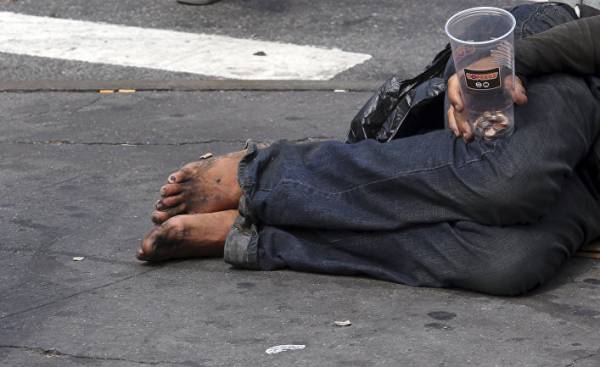
Last week my colleague from Bloomberg’s Peter Coy wrote an article about the study dedicated to the idea that racial inequality property status to do with the life decisions and personal achievements — that is, blacks would be as wealthy as white if I had received a good education, creating stronger families, worked hard and saved money. Based on data from the survey of consumer finances of the Federal reserve system, the researchers found that as of 2013 none of these conditions did not matter: the financial situation of those who had higher education, were married and with children, working full time or saving money, was still many times worse than white families with similar characteristics.
The result was so striking that I decided to read these again, if brief overview of the situation in 2013 has revealed the ineffectiveness of all these factors, does this change over time? That is, among black families has changed models of education, family composition, employment and savings, and did it to them at least in some degree to bridge the gap in well-being?
The chronological picture is depressingly similar. In many areas — higher education, maintaining full-family, employment — progress of black families in narrowing the gap in living standards with the white was observed in the period from 1989 to 2013 (the earliest and latest available data). But in the end the gap was larger than ever. Here’s how it looks:
Bridging the gap?
The ratio of black and white families
This is consistent with the explanations that results in an article Which. First of all, whites initially have an advantage: they seek to obtain as much as possible by inheritance. In addition, to accumulate wealth African Americans have prevented several generations of discrimination, including the practice of “red line”, mass incarceration, and the predatory financial system. Note how the gap in wealth has increased, for example, after the subprime mortgage crisis of 2007, when blacks were granted a huge number of mortgage loans with high level of risk.
What to do? In addition to compliance with anti-discrimination legislation and reform of the criminal justice system, much can be done by encouraging people to education and work. They should also have the opportunity to live in a good environment, and this means breaking down barriers like zoning laws that prevent construction of affordable housing in good areas and not allowed to move to color. In addition, employers should pay more attention to the disparity in wages and benefits, and it is, according to the research, which is considerable, even if people have equal qualifications and perform the same work.
Such questions seem generally not included in the list of priorities of President Donald trump. Maintaining barriers to prosperity for a large part of the population of America great will not do.







